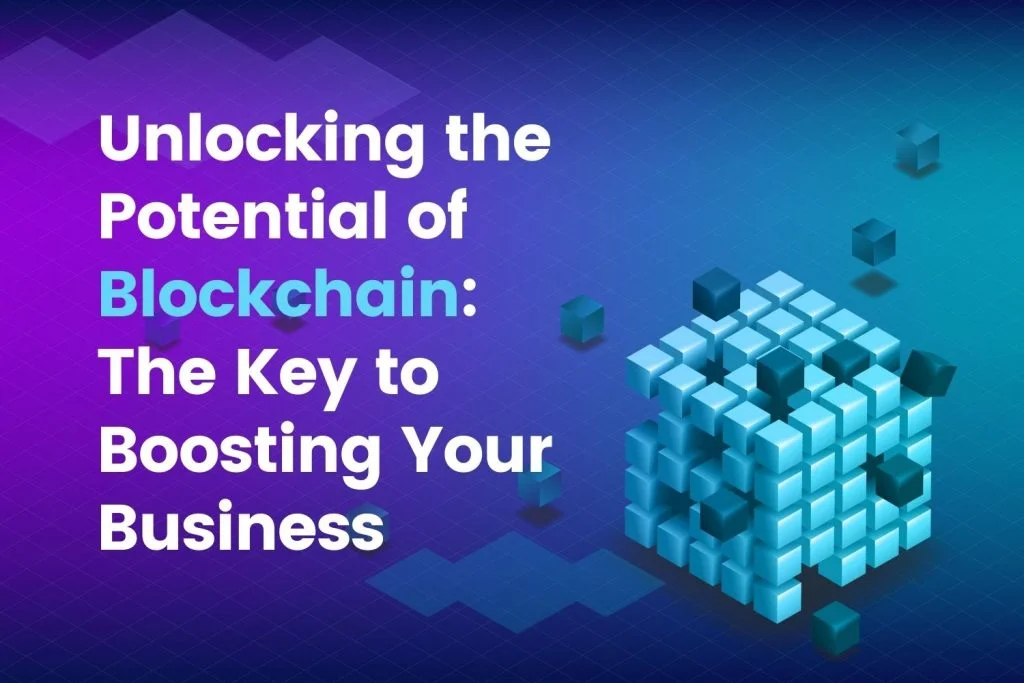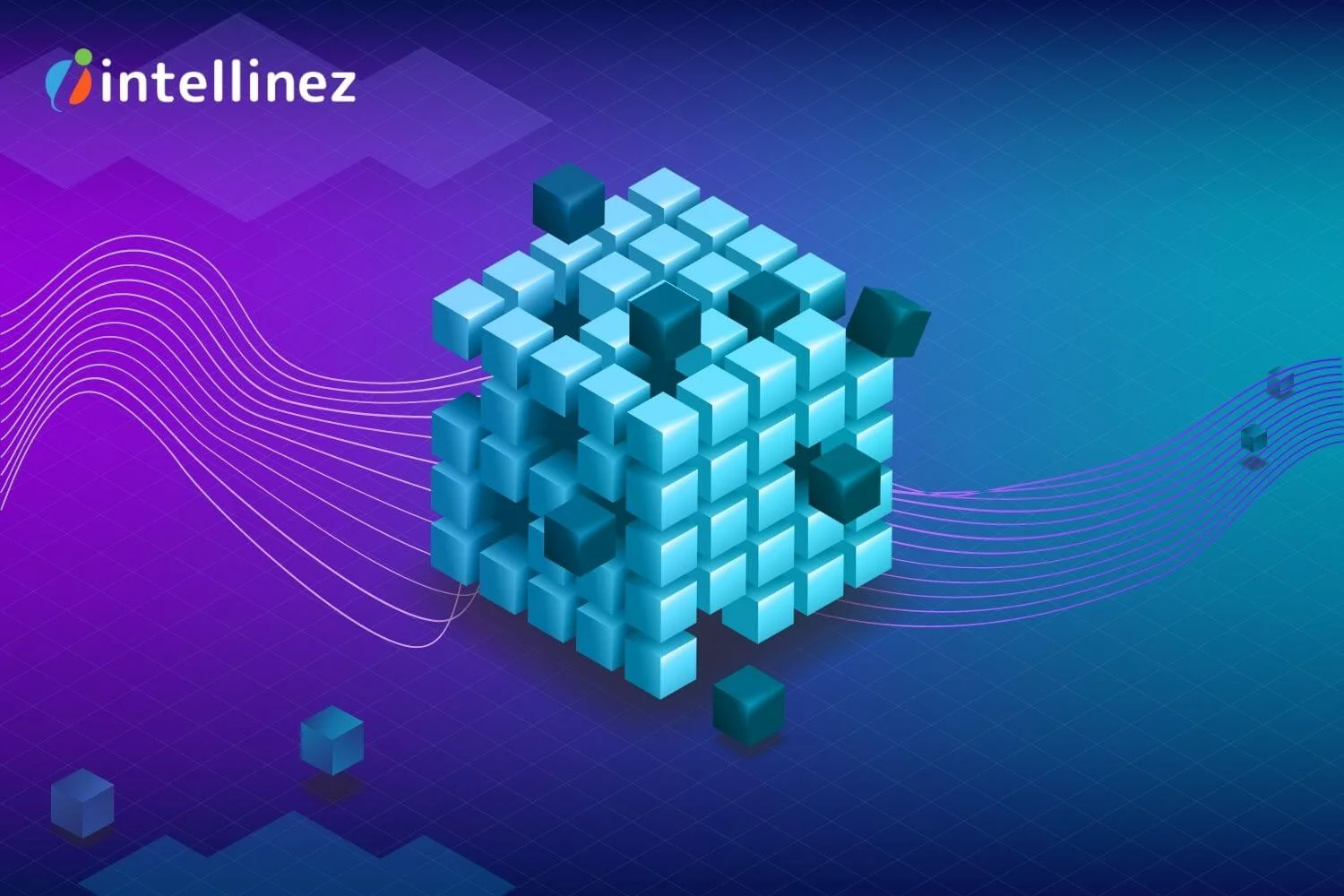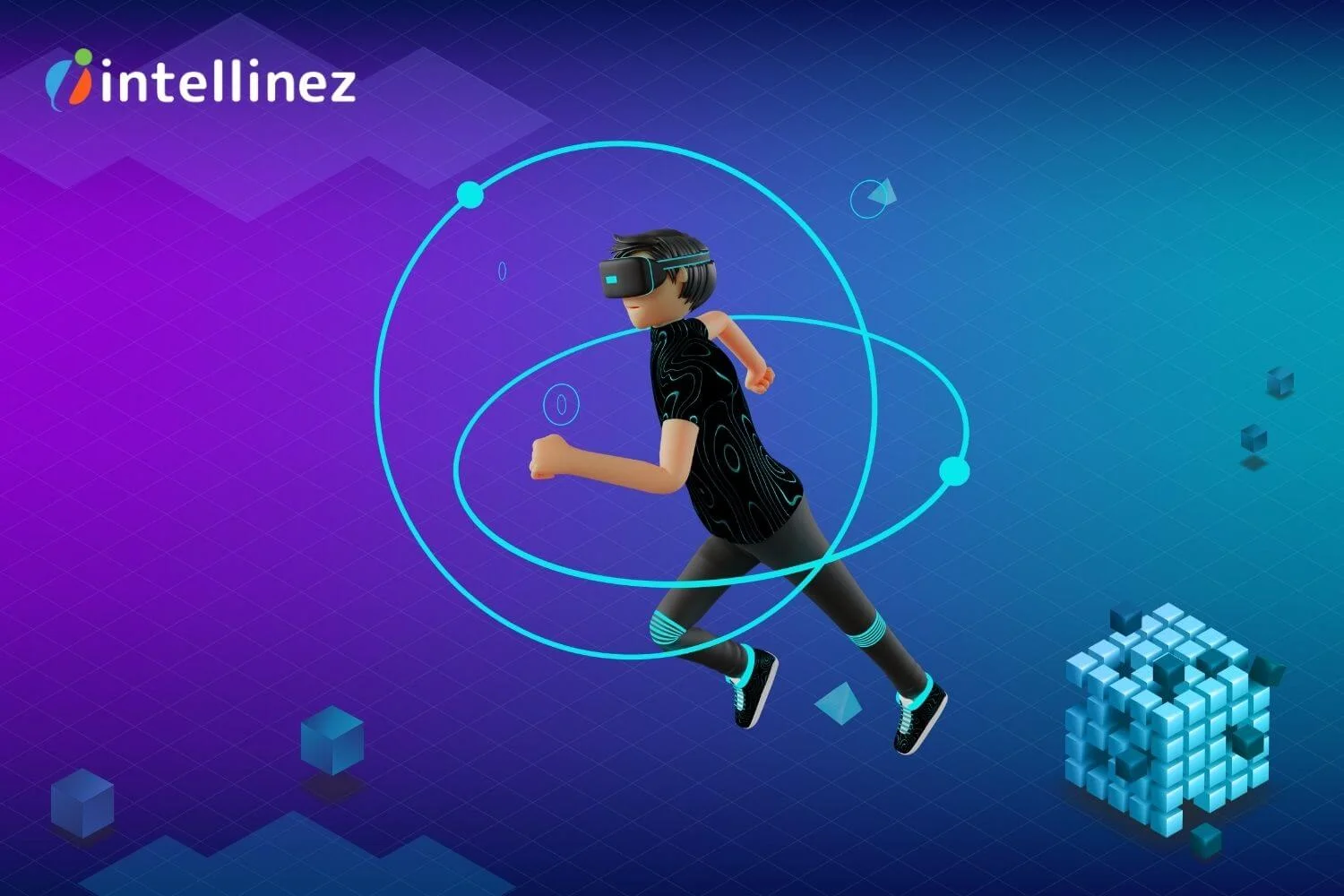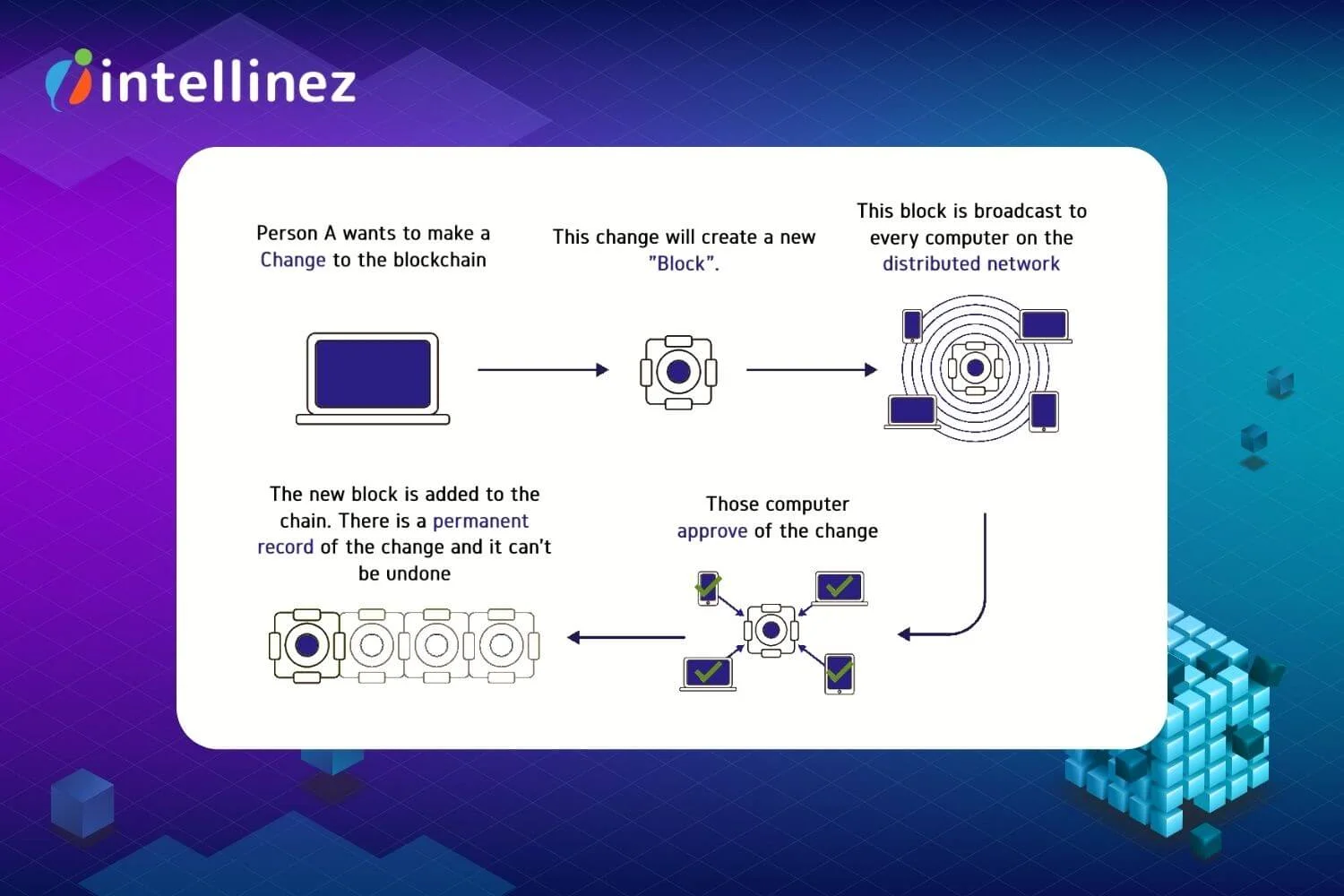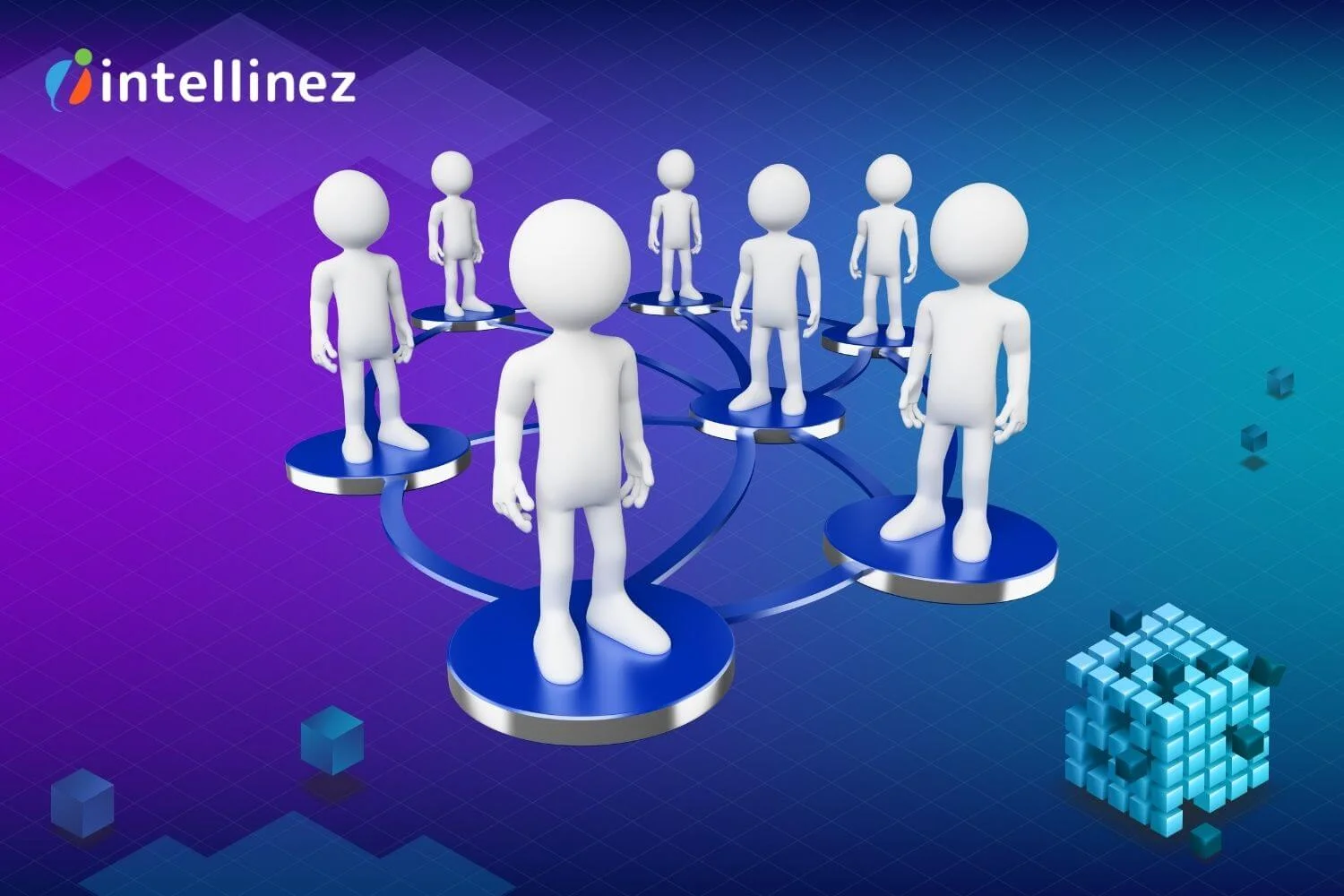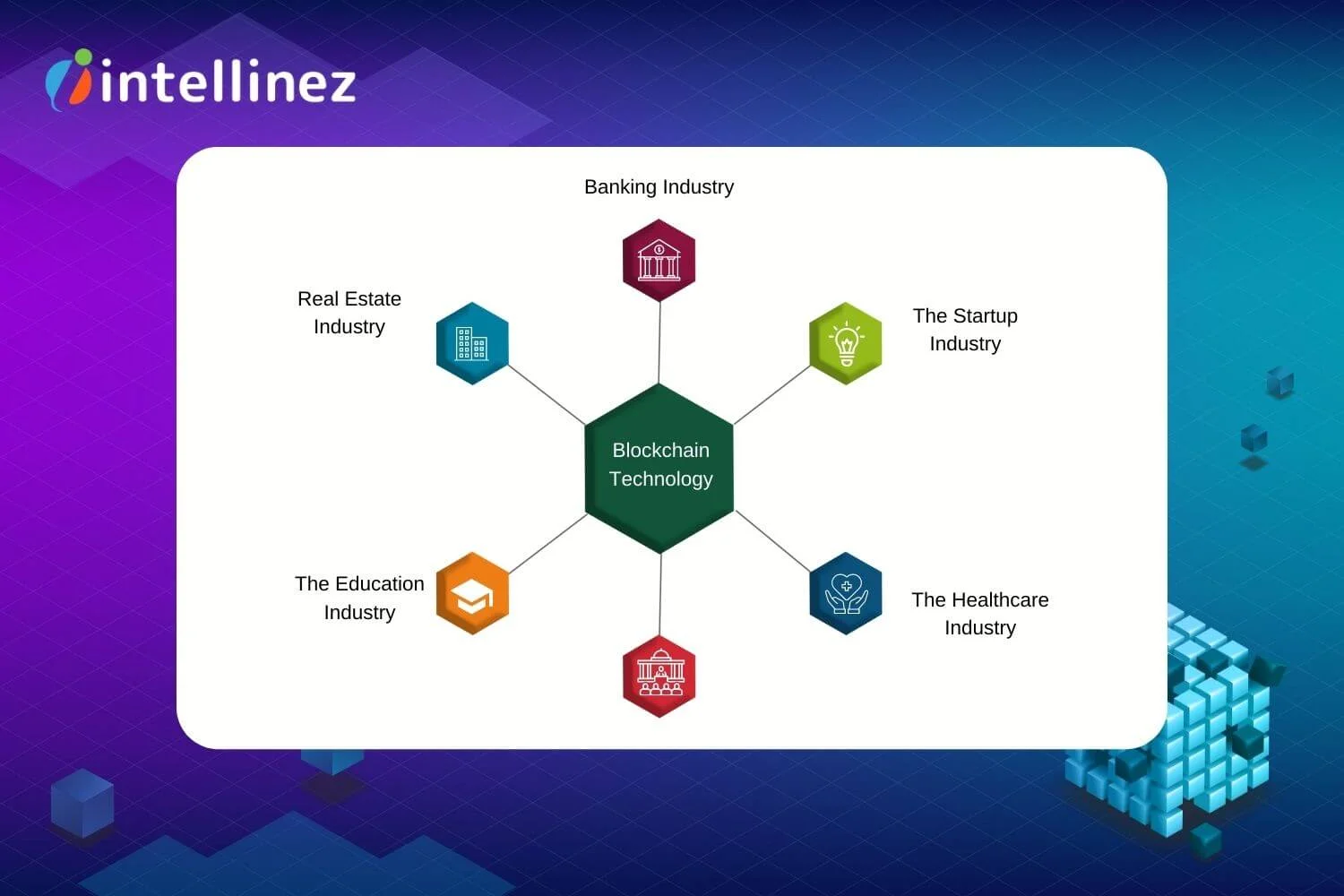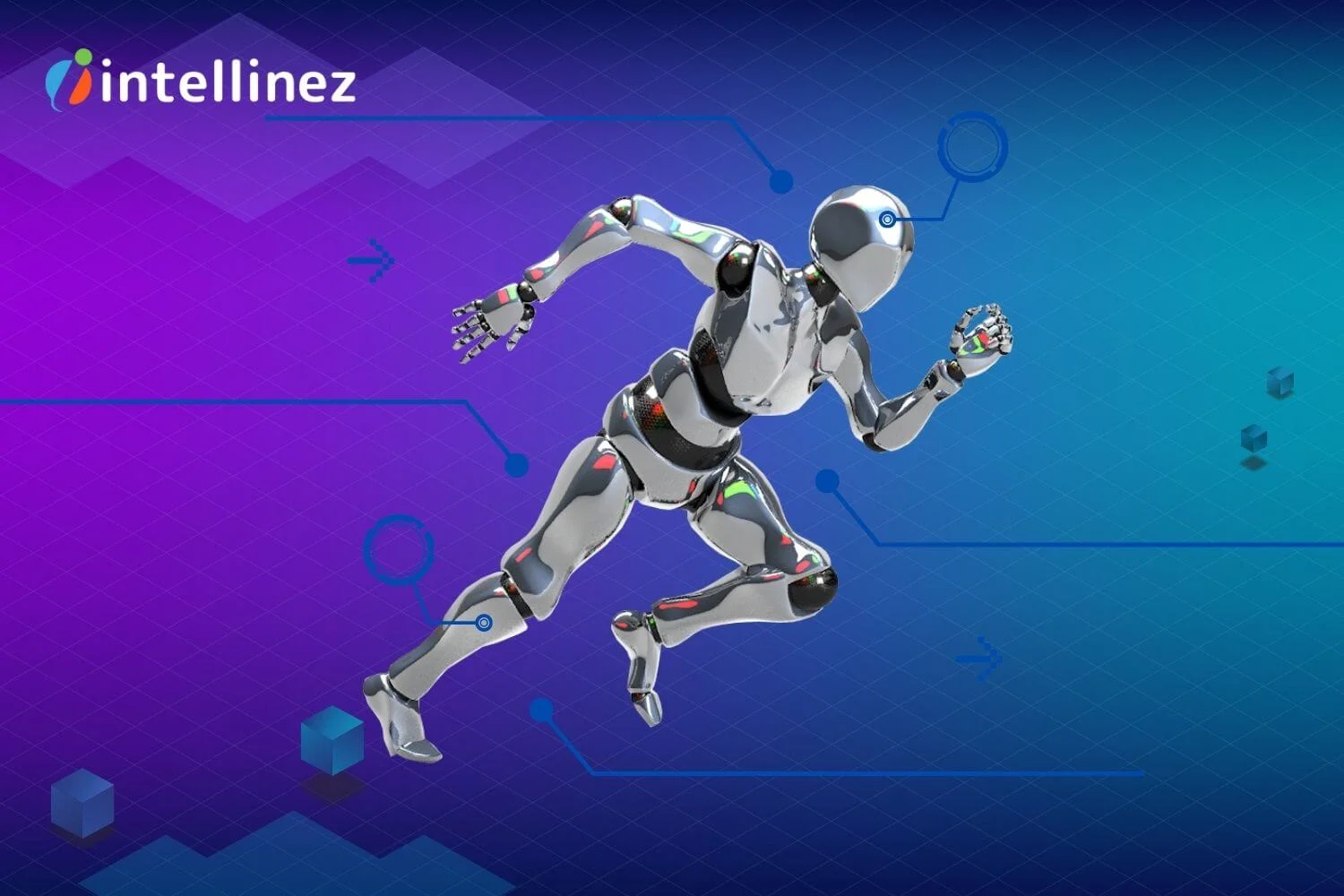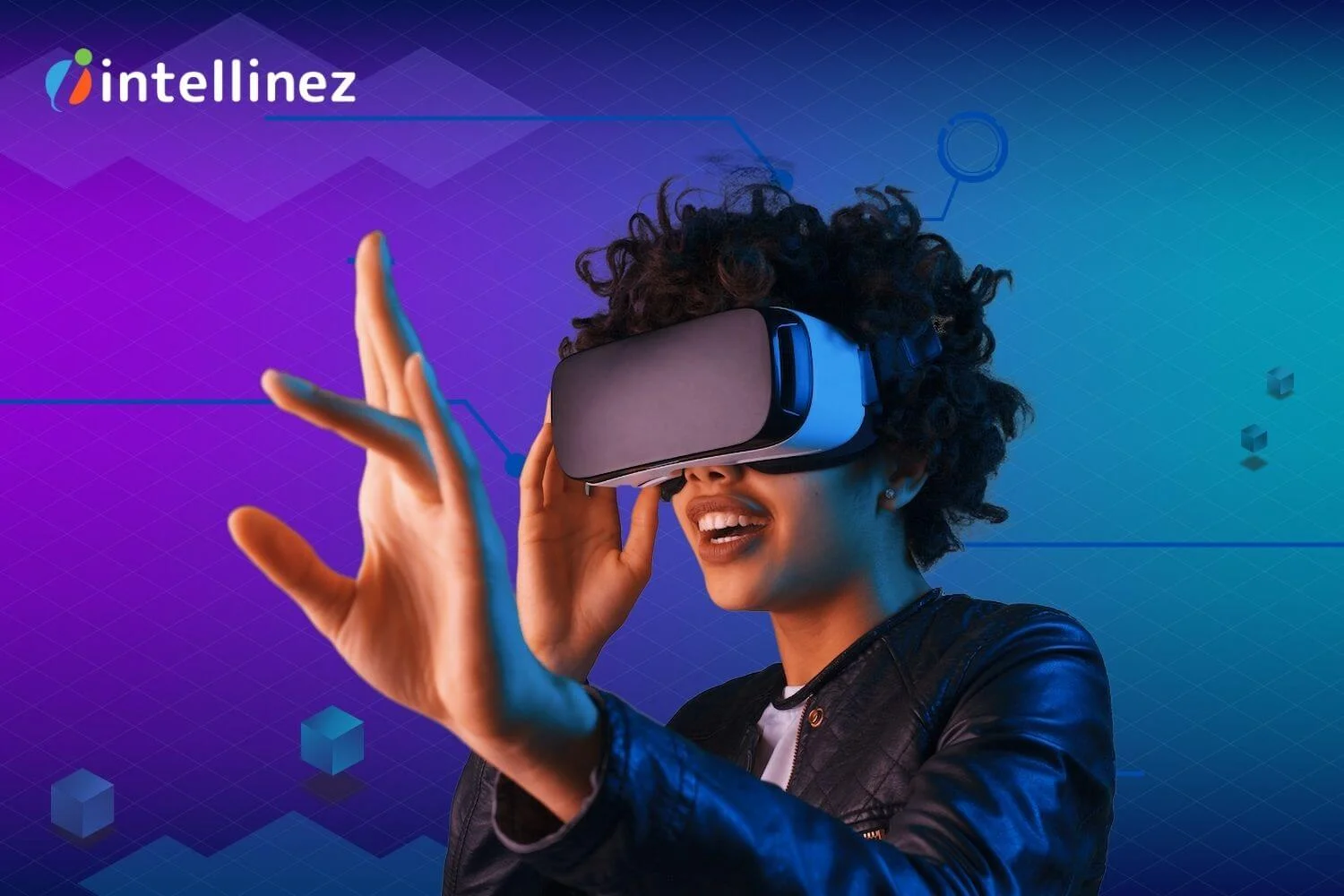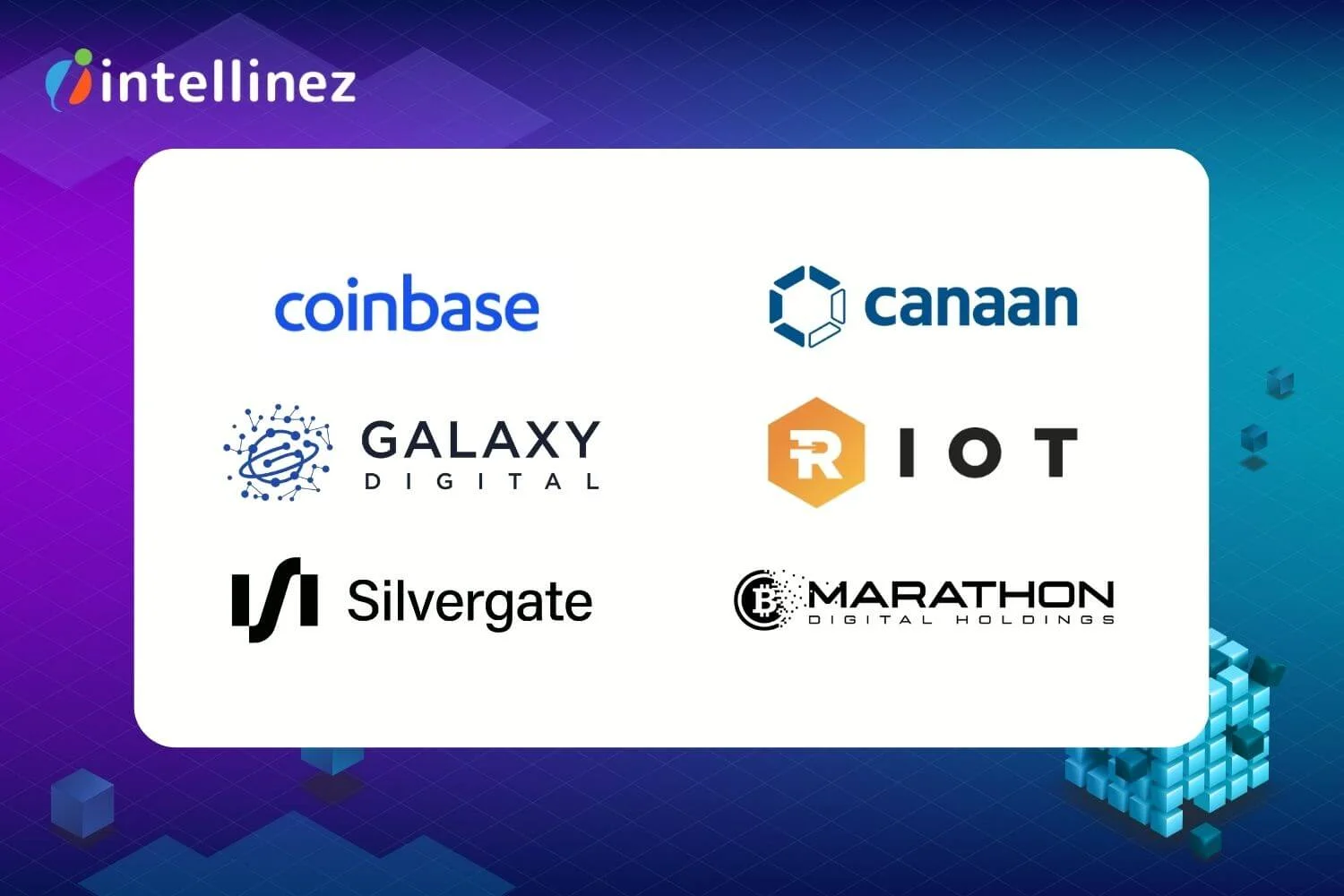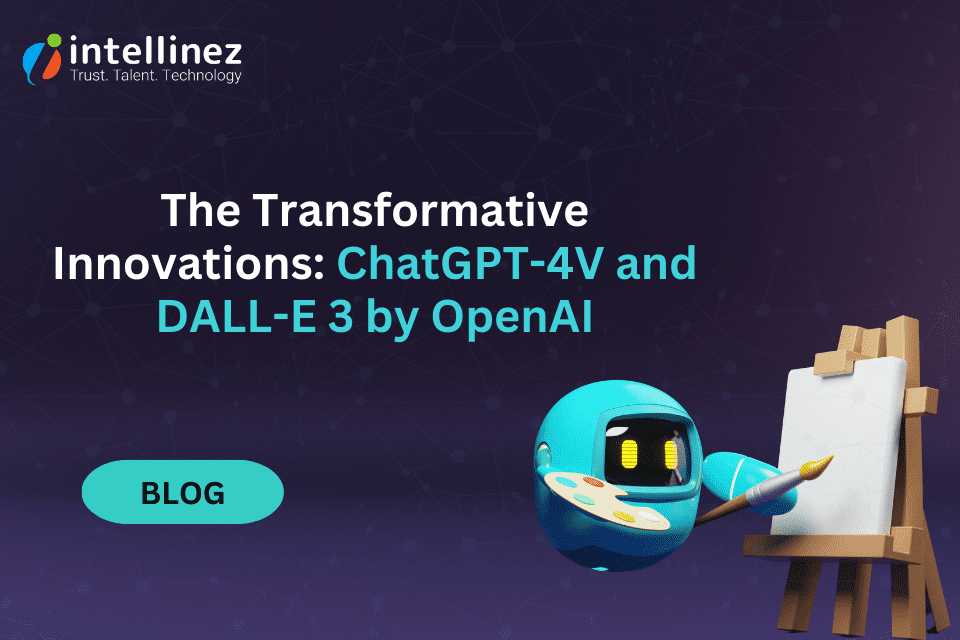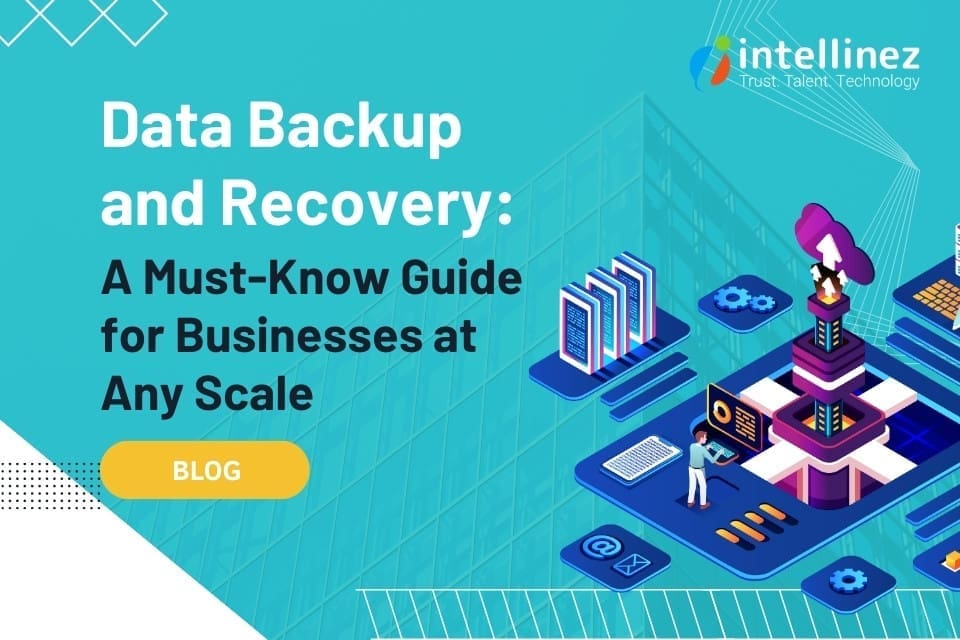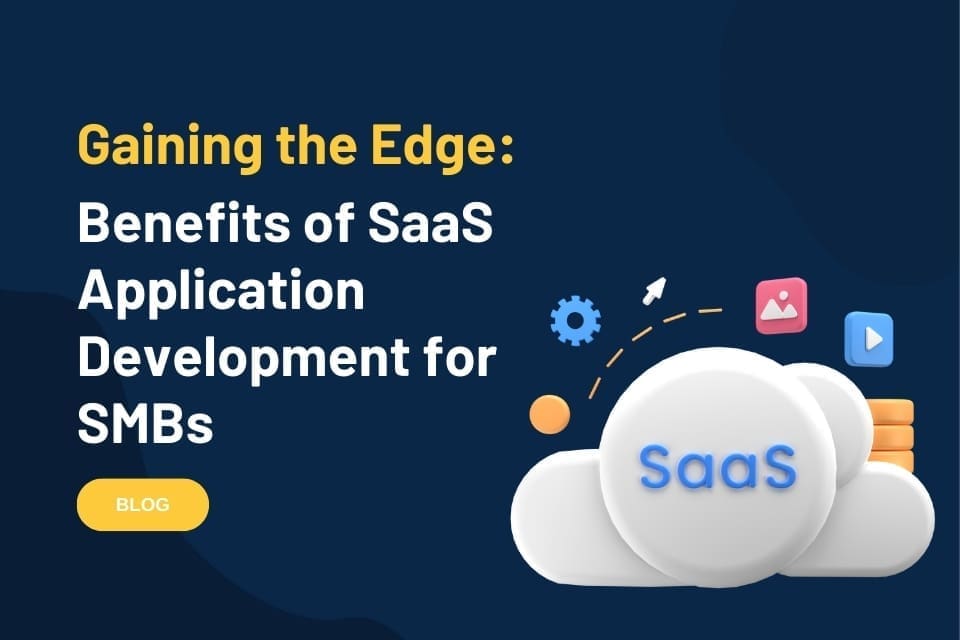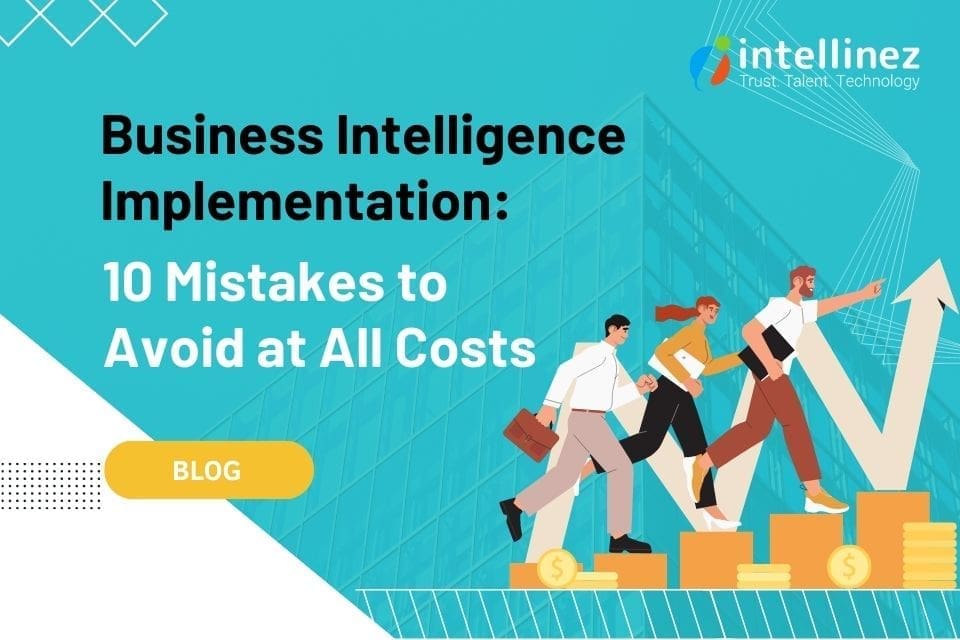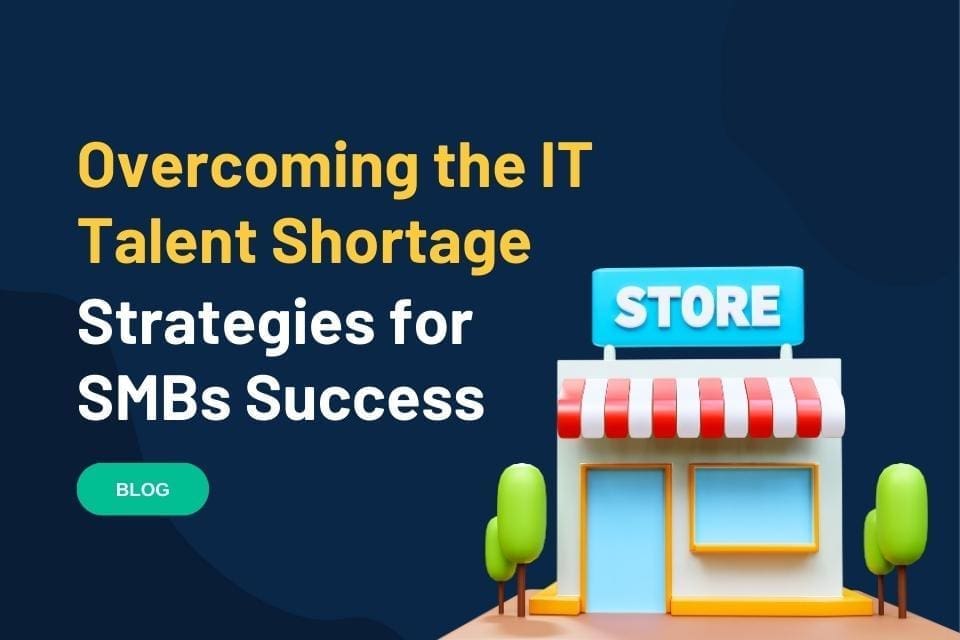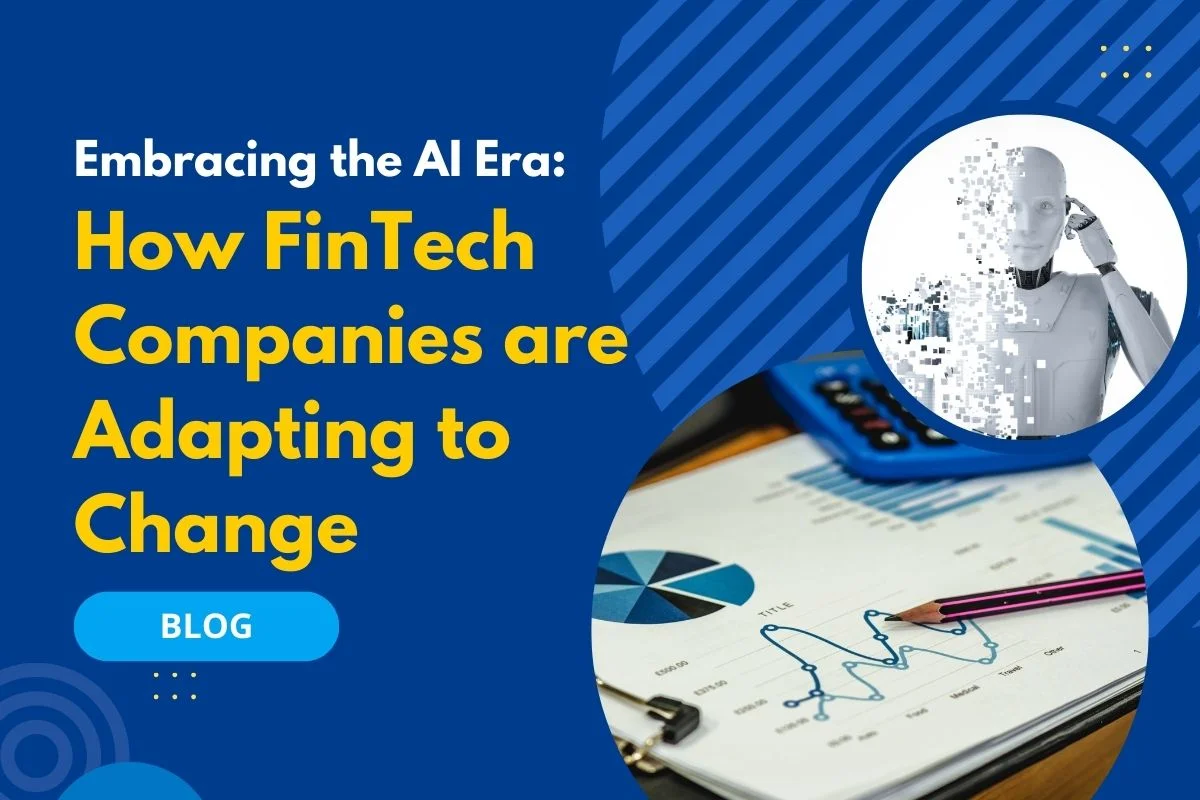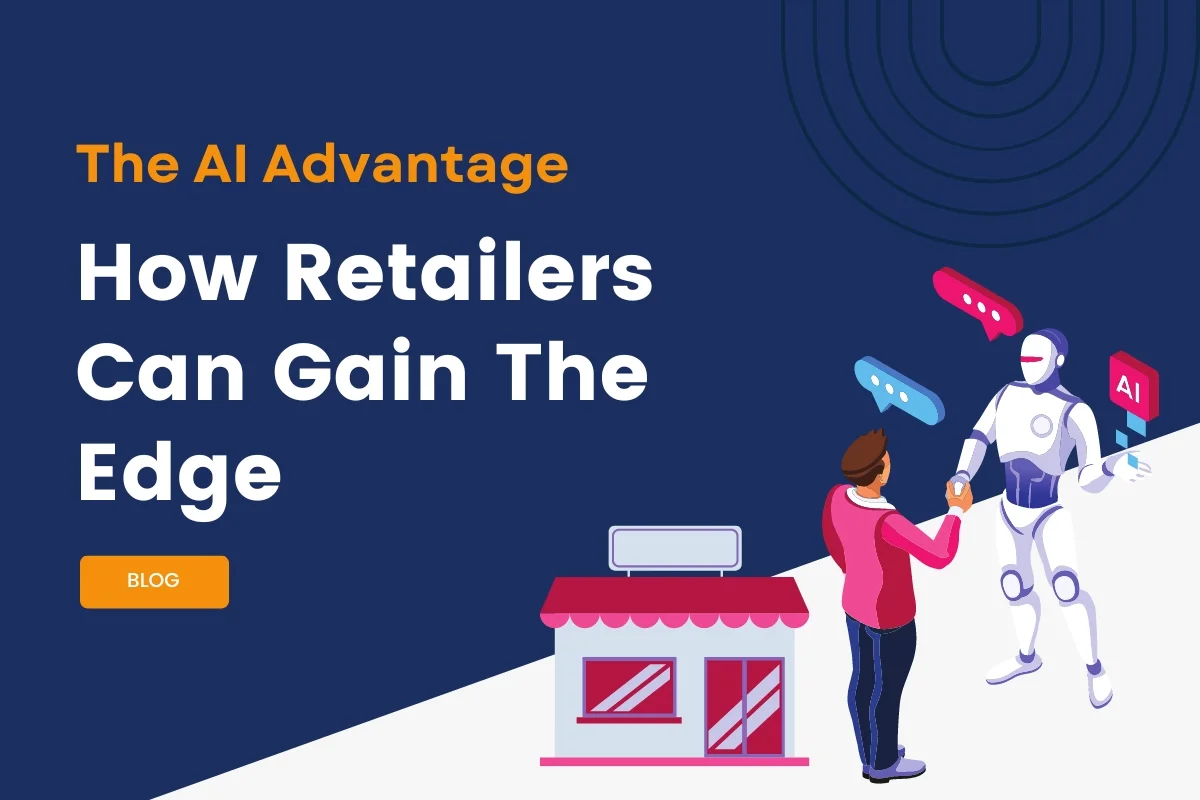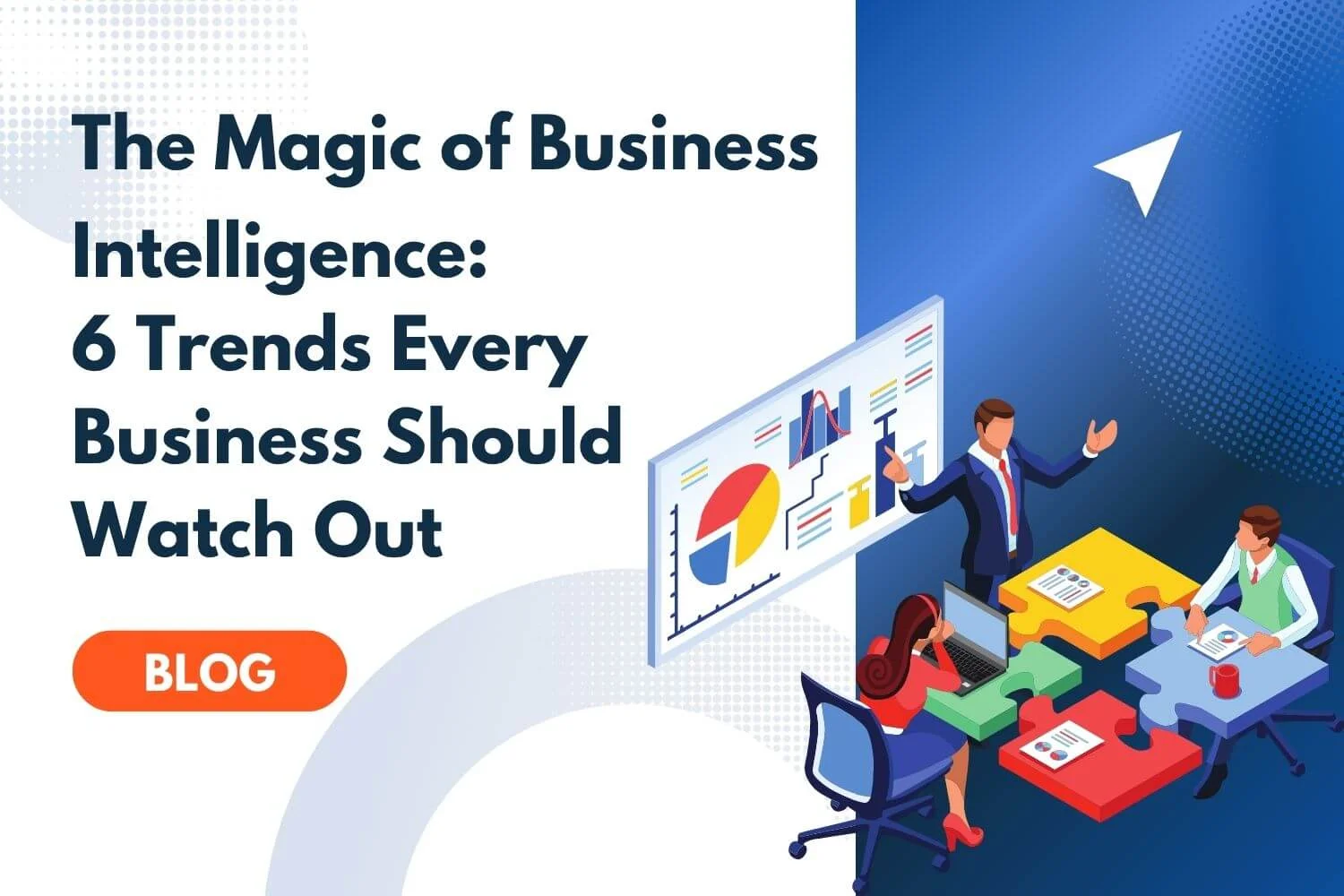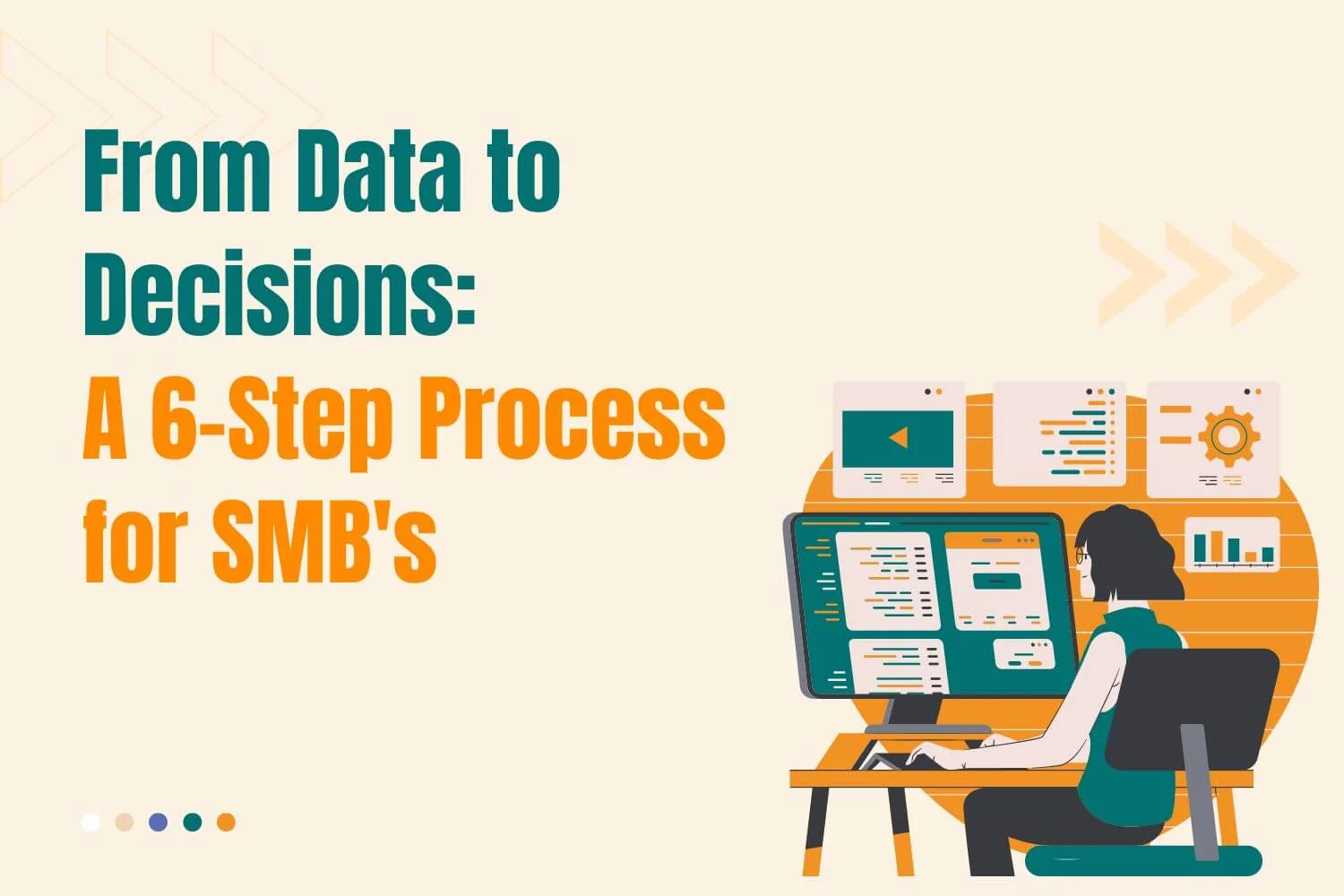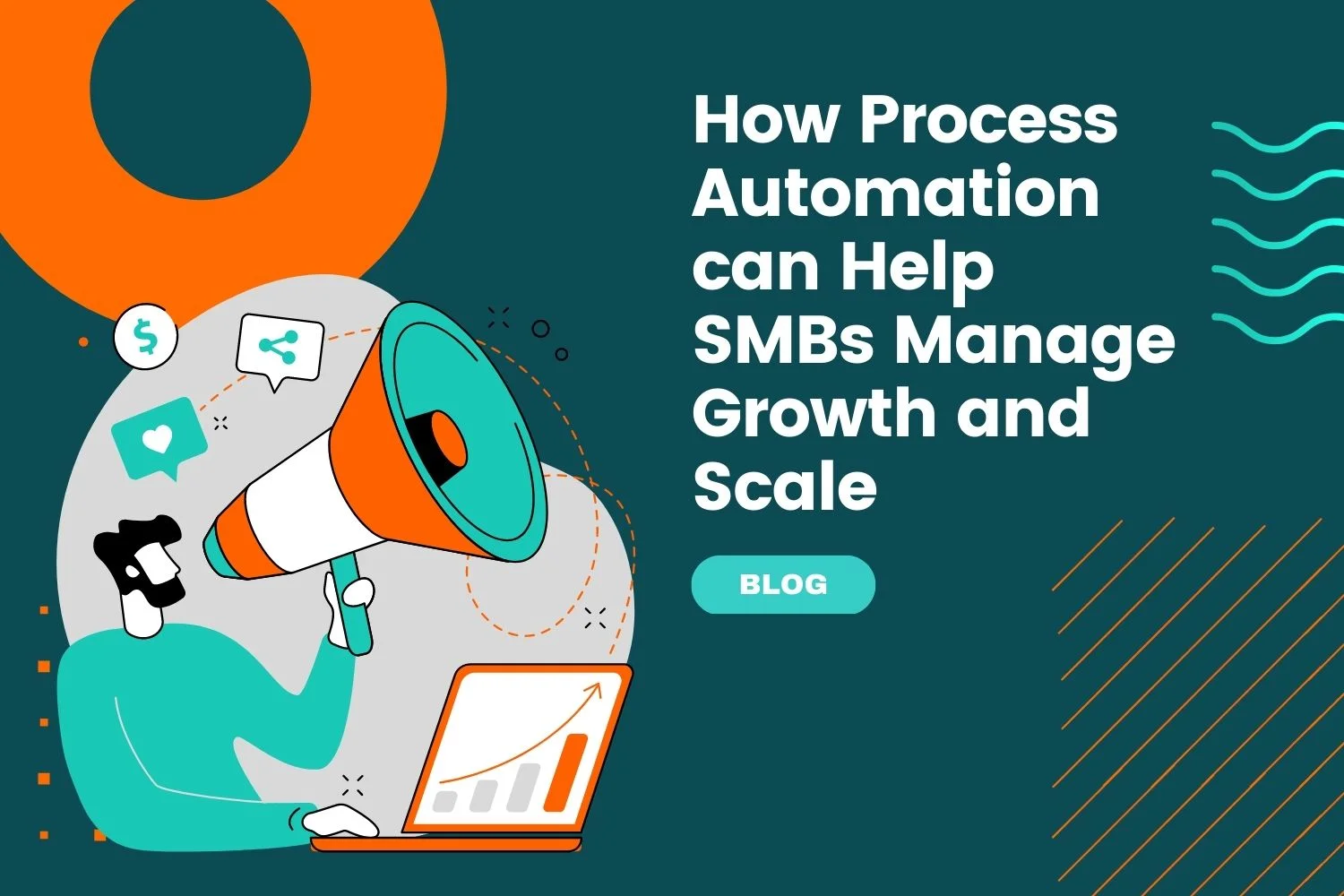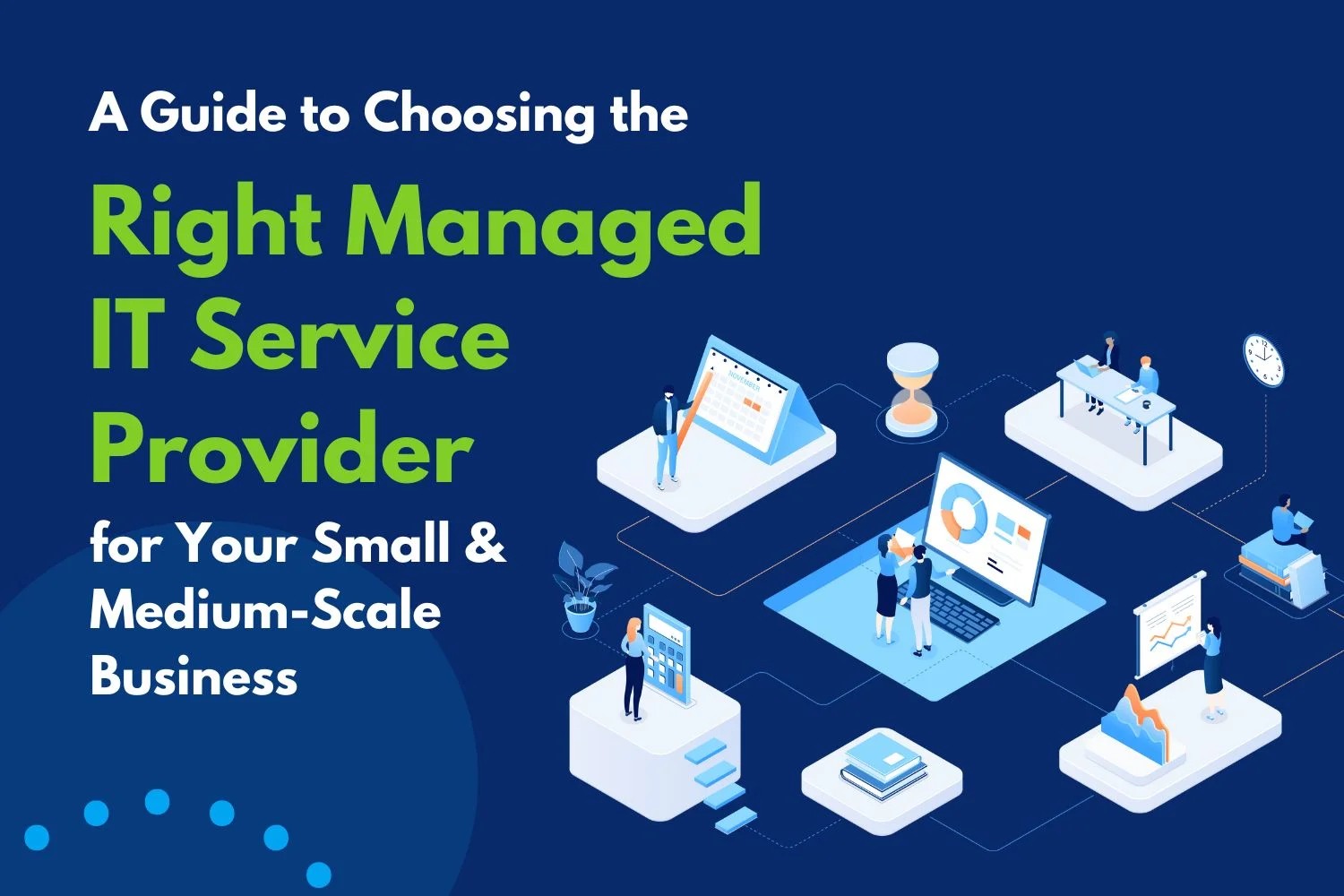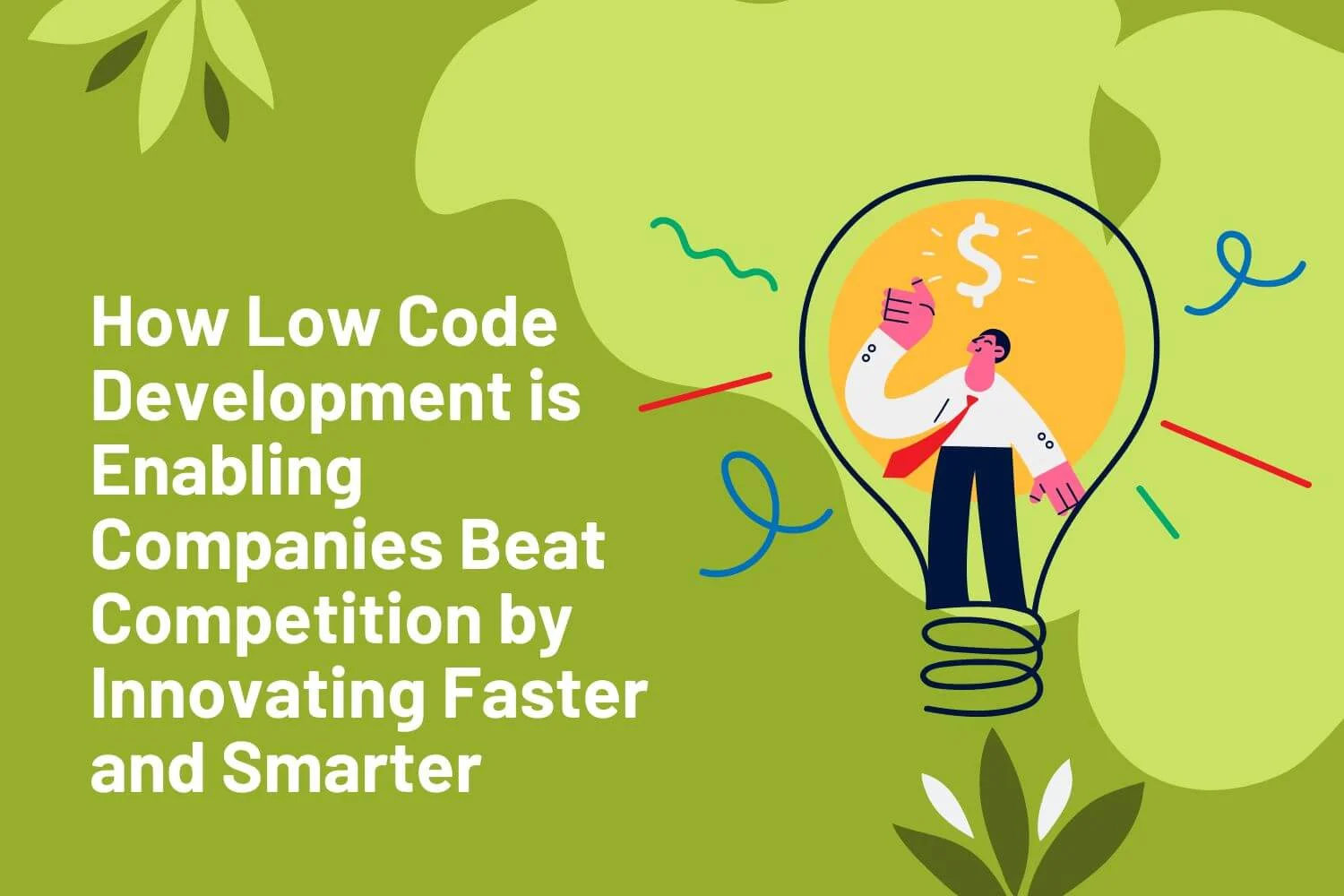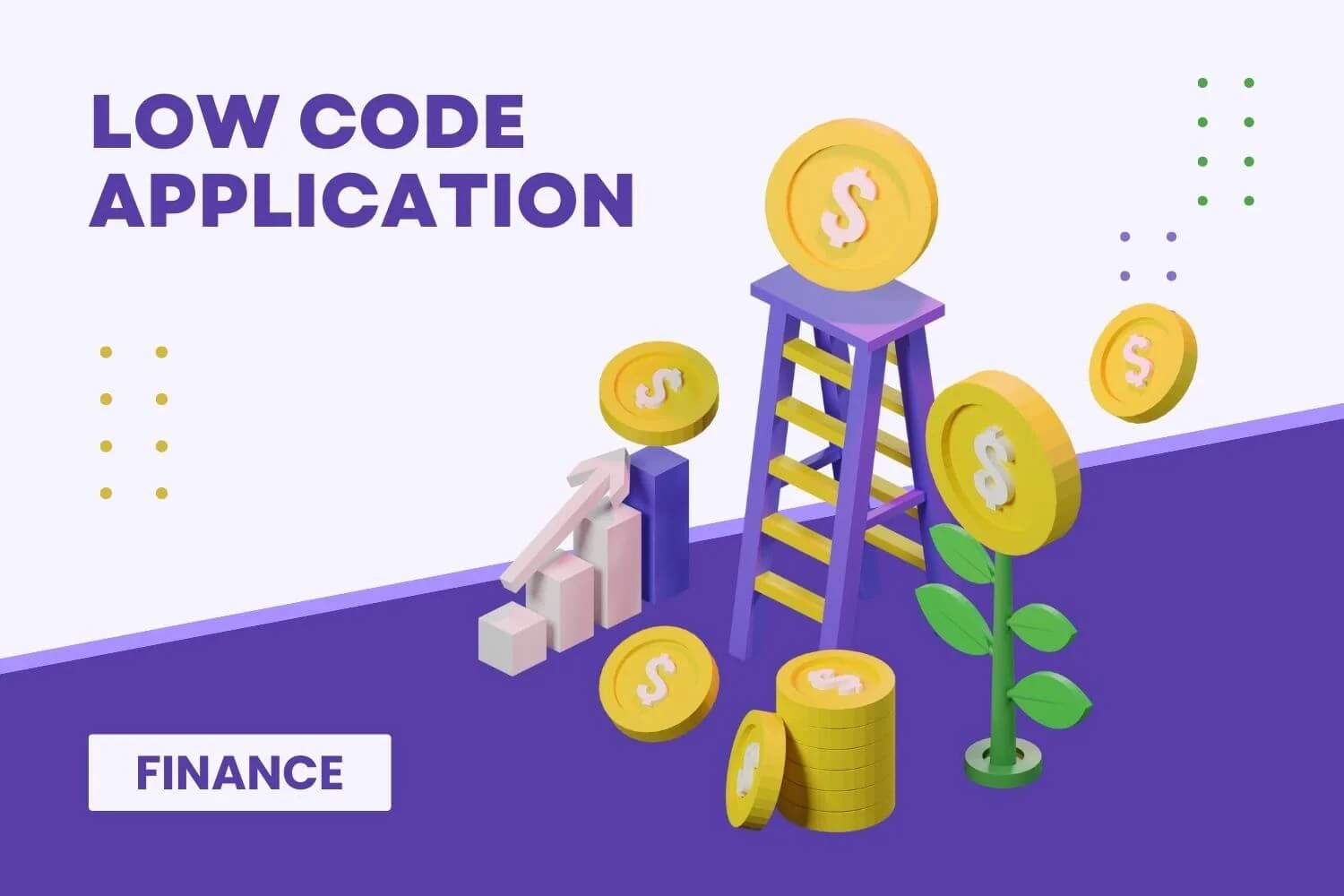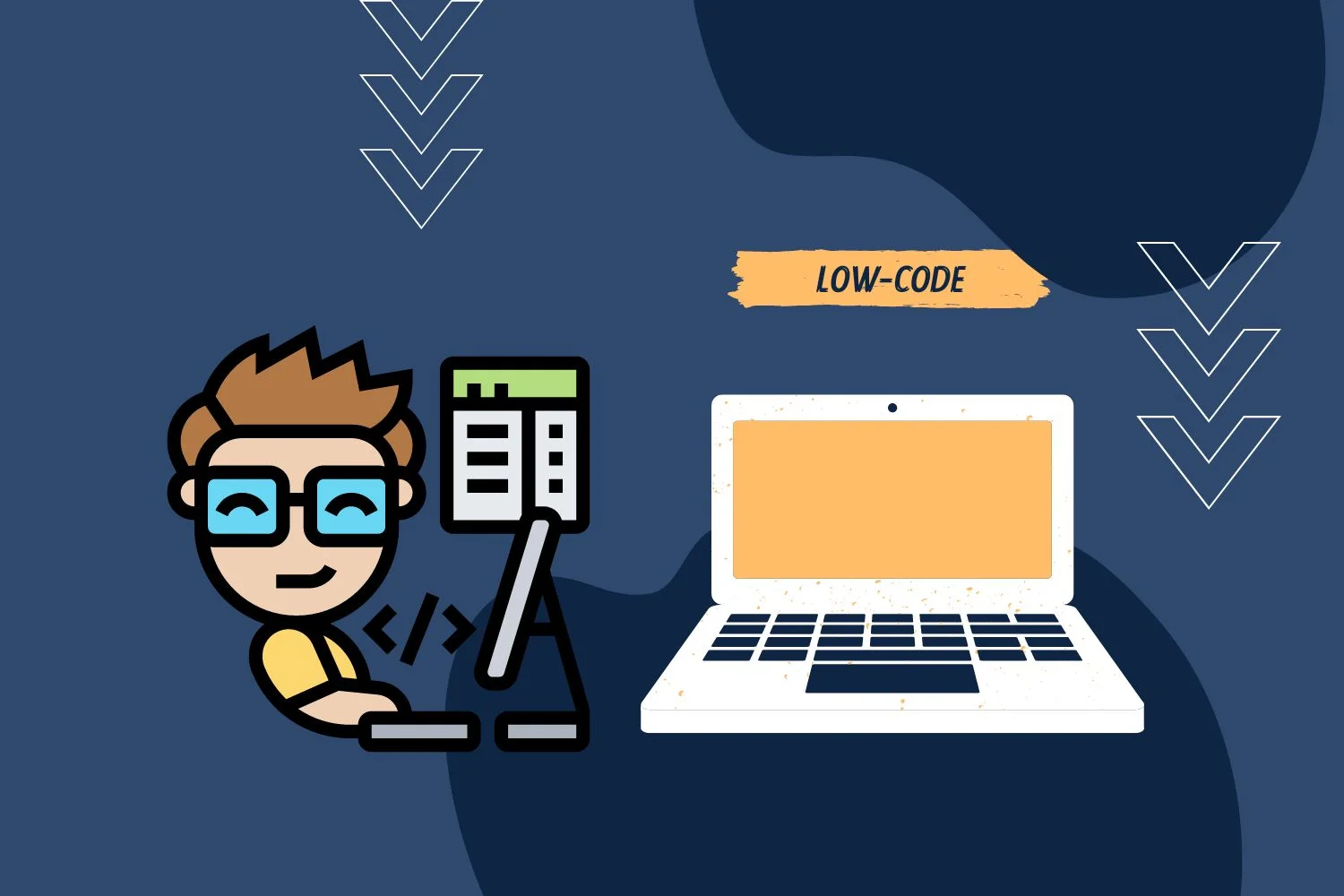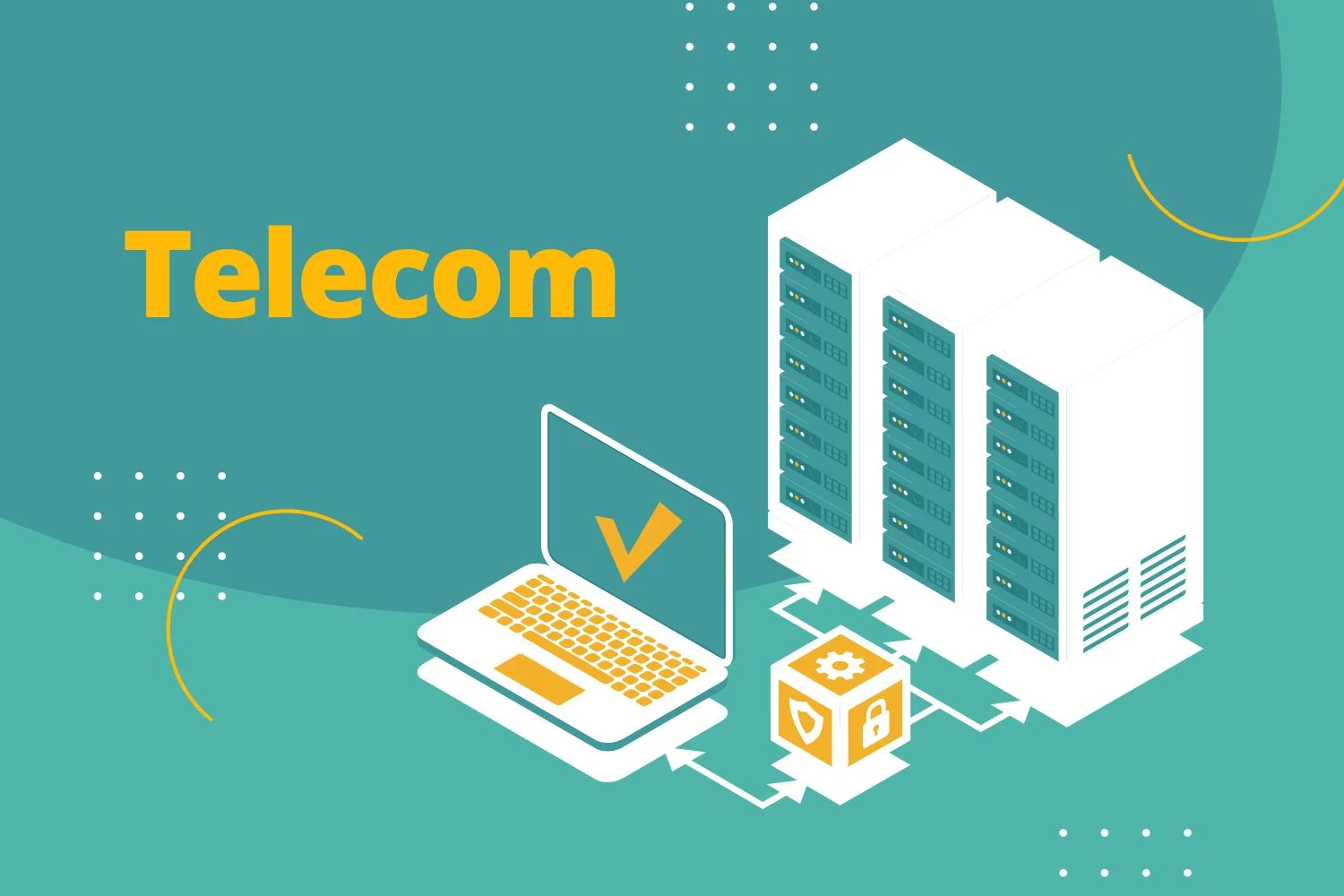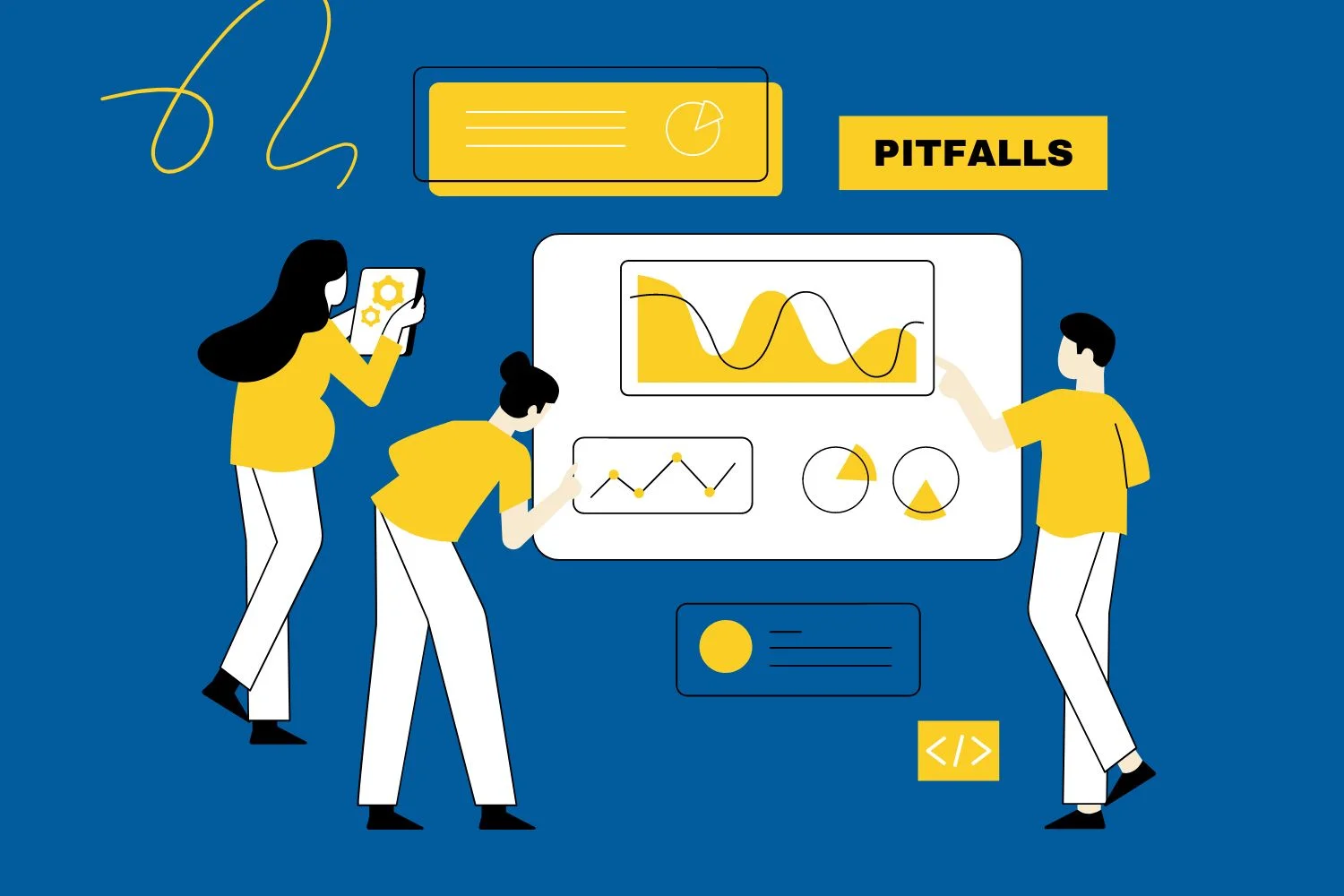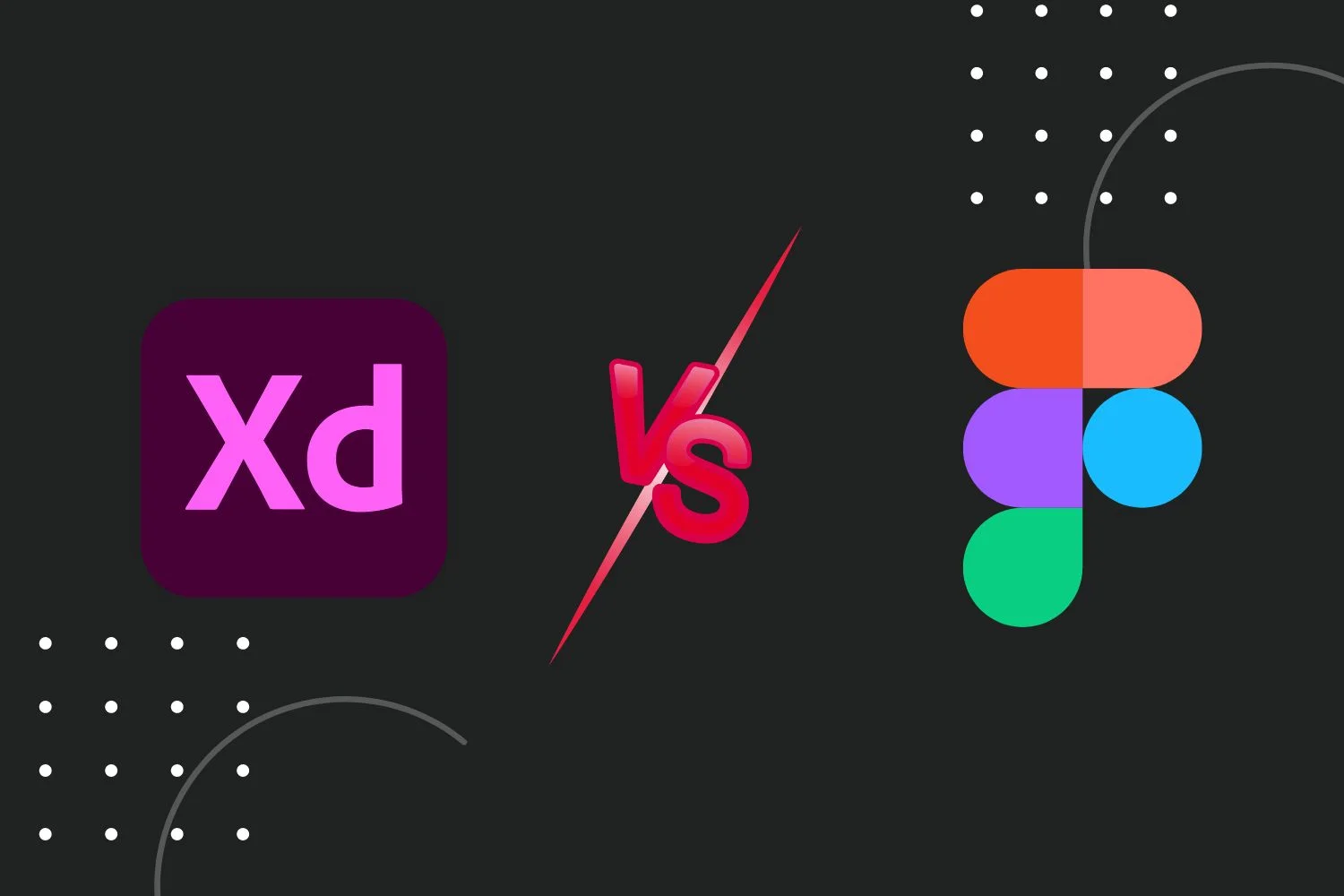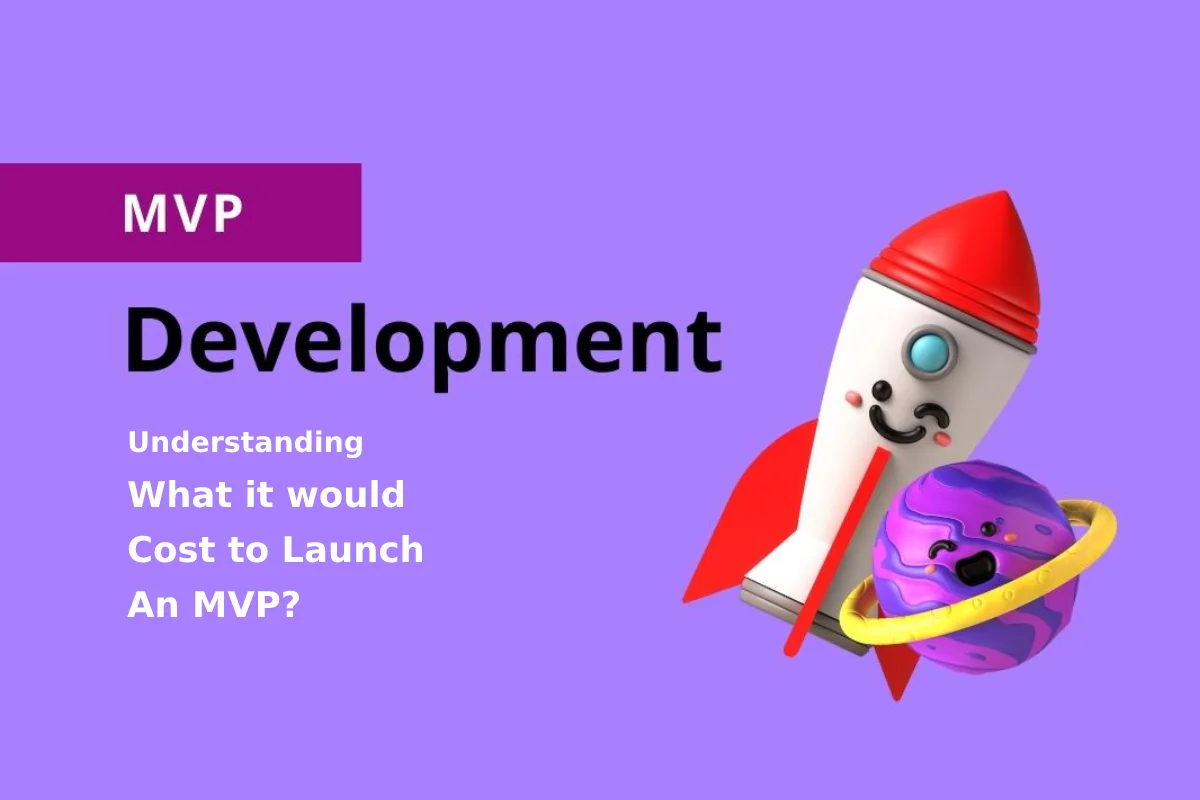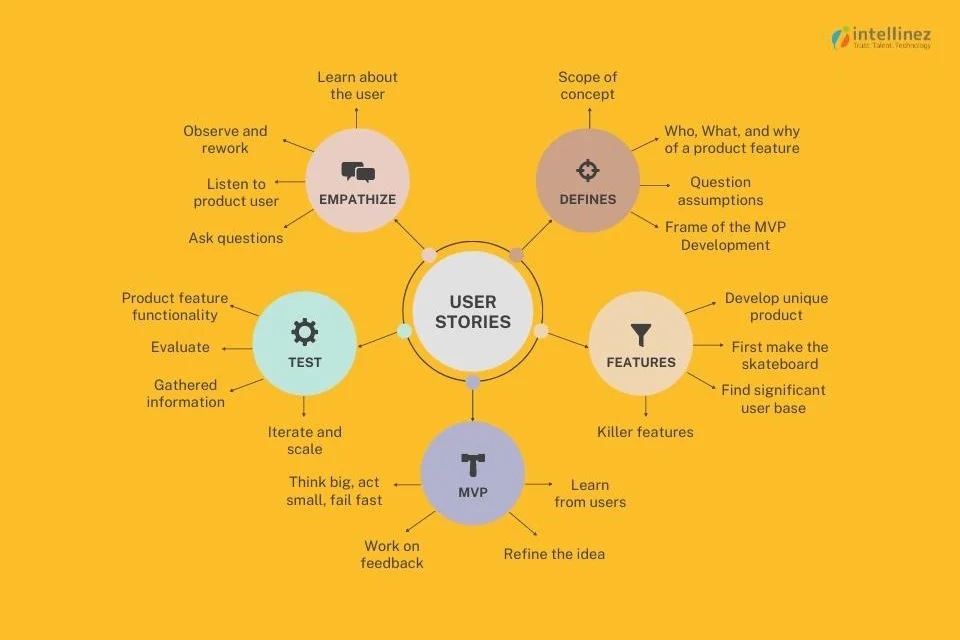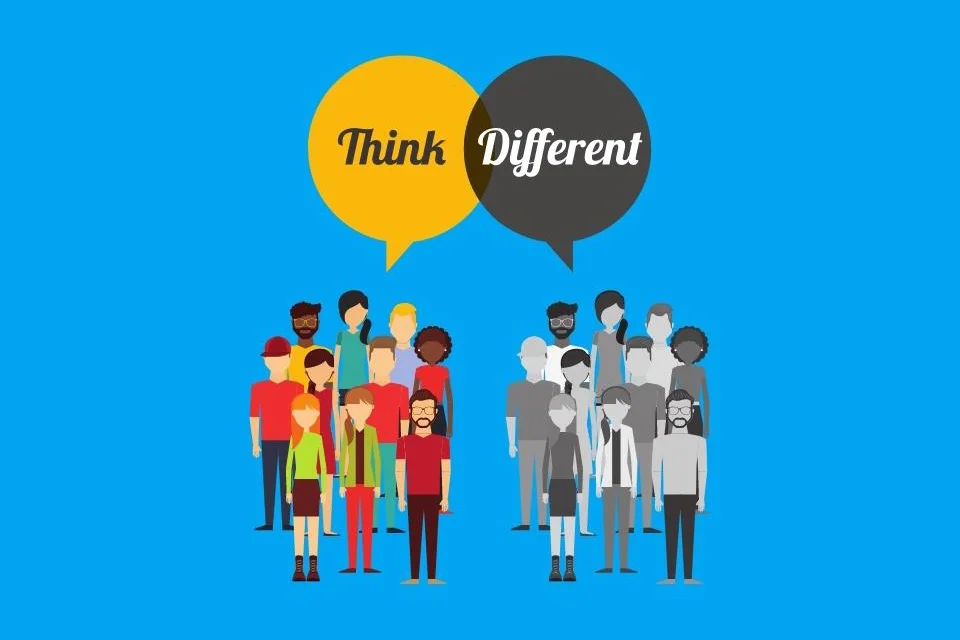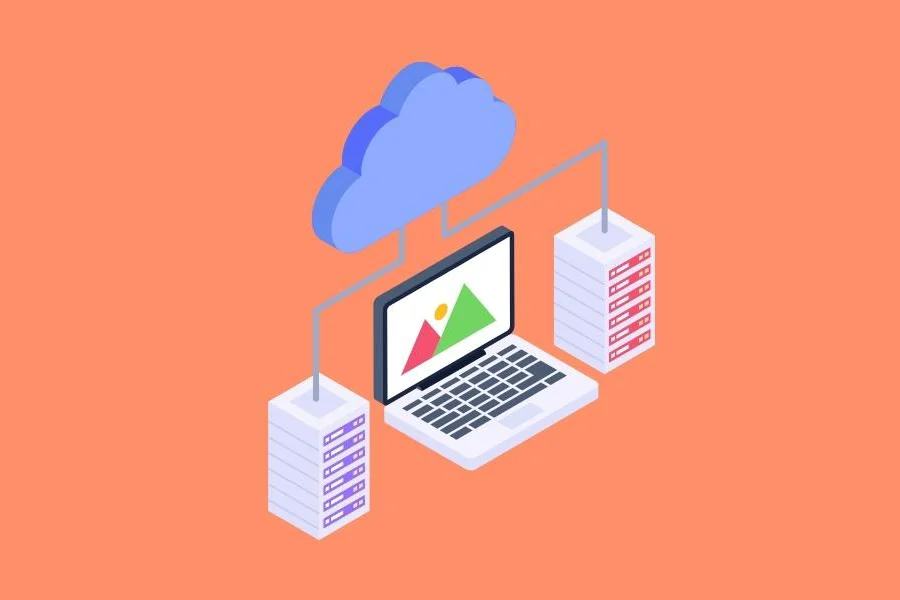- What is Blockchain Technology?
- Major Terms To Know About Blockchain Technology
- How Does Blockchain Technology Work?
- What Are the Types of Blockchain Networks?
- Applications of Blockchain
- How Blockchain Is Beneficial For Your Business
- Challenges of Blockchain
- What to expect from Blockchain in near future?
- Which Companies Are Using Blockchain Technology?
- Conclusion
Blockchain, a revolutionary technology with a potential to disrupt industries across the board. It gained popularity in recent years due to its applications in cryptocurrencies such as Bitcoin and Ethereum, but its potential goes far beyond just digital currencies. Let’s explore this technology, its applications, and its future, providing you with a comprehensive understanding of this game-changing technology.
What is Blockchain Technology?
Blockchain is a form of digital ledger technology that makes transactions safe, open, and decentralised. It is a distributed database that keeps track of a list of records that is constantly expanding and linked and secured with encryption. A date, transaction information, and a unique cryptographic hash of the previous block are all included in each block. Once a block is added to the blockchain, it cannot be altered or deleted, making the blockchain a highly secure and tamper-proof database.
Blockchain was first introduced in 2008 as the underlying technology behind the digital currency Bitcoin. Since then, it has been employed to a wide range of applications for recording transactions, beyond cryptocurrencies, including supply chain management, voting systems, and digital identity verification.
The key feature is its decentralized nature, which means that there’s no single point of control or failure. Instead, transactions on the blockchain are verified and validated by a network of participants, or nodes, who work together to ensure the integrity of the system. This makes it highly secure and transparent, while also reducing the need for intermediaries and streamlining processes.
Major Terms To Know About Blockchain Technology
The following are terms used in a typical blockchain transaction process:
Hash Encryptions
A blockchain protects the data by putting hash encryptions into place. Based on the SHA256 algorithm, this encryption ensures data security by enabling the transmission of public and private keys, the recipient’s address, and the transaction in an encrypted format.
Proof Of Work
Blockchain miners trying to solve a mathematical problem with a preset condition to be compensated when resolved is known as Proof of Work (PoW). Miners must solve difficult mathematical calculations in order to execute each transaction. It contains the previous Hash, which is used to identify the preceding block, transaction data, Nonce, a randomly generated cryptographic integer that creates a unique hash address, and the hash address. The address contains all information pertaining to the transaction. Its length value is 64 characters, and its bit size is 256.
On its blockchain, Bitcoin employs PoW to process transactions. Other methods of processing transactions, like Proof of Stake and Proof of History, have, however, developed throughout time. Each consensus method has a unique process for adding blocks to the blockchain.
Mining
When new data or information is incorporated into the current ledger, it is referred to as mining. To guarantee the overall safety and security of transactions, this includes creating a hash address.
How Does Blockchain Technology Work?
The multi-step method that blockchain uses to operate can be summed up as follows:
- An authorised participant enters a transaction, which the technology must authenticate.
- This action generates a block that represents the particular transaction or data.
- The block is distributed to each computer node in the network.
- The transaction is verified by authorized nodes, and the block is added to the existing blockchain.
- The transaction is completed when the update is distributed across the network.
These steps occur in near real time and involve a variety of elements.
Individual transactions and blocks are the two types of records in a blockchain ledger. The first block contains a header and data pertaining to the transactions that took place within a specific time period. The timestamp of the block is used to help generate an alphanumeric string known as a hash.
Following the creation of the first block, each subsequent block in the ledger uses the previous block’s hash to calculate its own hash.
The Role of Consensus
Before a new block can be inserted into the chain, its validity must be affirmed through an algorithmic process known as validation or consensus. At this moment in the blockchain system, a significant proportion of the network’s nodes must recognize that the latest block’s hash has been accurately recorded. Consensus makes sure that all copies of the blockchain distributed ledger remain in an identical state.
Once the block is added, it can be cited in subsequent blocks, however it can’t be modified.
The hashes for the blocks that come before and after the attempted swap will change, upsetting the shared state of the ledger.
When consensus is no longer feasible, other computers in the network are notified, and no new blocks are put into the chain until the issue has been resolved.
Typically, the block that caused the error is tossed aside, and the consensus process is restarted.
What Are the Types of Blockchain Networks?
There are four different types of blockchains. They are as follows:
Private Blockchain Network
On closed networks, private blockchains function well for private corporations and organizations. Private blockchains allow businesses to set network characteristics, accessibility and permission choices, and other crucial security features. A private blockchain network is controlled by a single authority.
Public Blockchain Network
Public blockchains, which served as the foundation for Bitcoin and other cryptocurrencies, aided in the promotion of distributed ledger technology (DLT). Public blockchains also aid in removing some difficulties and problems, including centralization and security weaknesses. Instead than being kept in one place, data is spread throughout a peer-to-peer network using DLT. The legitimacy of information is verified by a consensus algorithm; proof of stake (PoS) and proof of work (PoW) are two popular consensus techniques.
Permissioned Blockchain Networks
Permissioned blockchain networks, also known as hybrid blockchains, are private blockchains to which only authorised users have access. These blockchains are commonly established by companies to get the best of both worlds. When deciding which users can join the network and which transactions they can participate in, they offer superior structure.
Consortium Blockchains
Similar to permissioned blockchains, consortium blockchains feature both public and private components; however, a single consortium blockchain network will be managed by numerous companies. Although initially more challenging to set up, once operational, these blockchains can offer higher security. Consortia blockchains are also the best for working with various organizations.
Applications of Blockchain
Blockchain technology has a wide range of applications beyond cryptocurrencies and the most promising and exciting applications are:
Financial Services
Disrupting the financial services industry, blockchain enables faster, cheaper, and more secure transactions. With a potential to revolutionize traditional banking and payment systems, it has been used to create new forms of digital currency, such as stablecoins.
Supply Chain Management
Blockchain has the capability to create a transparent and tamper-proof record of the movement of goods and products through a supply chain and ensure that they are ethically sourced and handled. This can help to reduce fraud, counterfeiting, and theft, and increase transparency and efficiency.
Education
Blockchain technology has emerged as a game-changer in the education sector. By leveraging blockchain technology in education, institutions can benefit from transparent and tamper-proof storage of documents, ensuring data security and simplifying verification processes. This innovative approach enhances trust among educational stakeholders by guaranteeing the authenticity and integrity of academic credentials.
Healthcare
To securely store and share medical records, blockchain can improve patient privacy and data security, further reducing medical fraud and improving the efficiency of healthcare systems.
Identity Verification
Blockchain is competent to create a secure and decentralized system for identity verification, then reduce identity theft, improve access to financial services, and enable secure voting systems.
Real Estate
Creating a secure and transparent record of property ownership and transactions, blockchain reduces the risk of fraud and streamlines the process of buying and selling real estate.
Energy
Generating a more efficient and transparent energy grid, blockchain can help create decentralized energy networks and improve the efficiency of energy trading.
Voting
Blockchain can help build a secure and transparent voting system, hence improving the integrity of elections and reducing the risk of fraud.
Blockchain technology has immense potential to transform a wide range of industries, as its applications are only beginning to be explored, and there’s no doubt that we’ll see many new and innovative use cases emerge in the years to come.
How Blockchain Is Beneficial For Your Business
Few prominent advantages blockchain technology offers over traditional centralized systems are:
Security
Due to its decentralized nature, blockchain is a highly secure technology which makes it difficult for attackers to compromise the network. Transactions on the blockchain are verified through consensus mechanisms, making it virtually impossible for anyone to tamper with the data on the blockchain.
Transparency
Which means that all transactions on the network are visible to all participants. This makes it easier for tracking assets and auditing transactions, reducing the risk of fraud and corruption.
Efficiency
Blockchain technology can be more efficient than traditional systems, enabling faster and cheaper transactions, because transactions can be processed directly between participants on the network, without the need for intermediaries.
Immutability
Once a transaction is recorded on the blockchain, it cannot be altered or deleted. This makes the data on the blockchain highly reliable and trustworthy, as there’s no risk of data manipulation or loss.
Decentralization
Meaning that there’s no single point of control or failure and that makes it more resilient to attacks and ensures that the network is not controlled by any single entity.
Cost Savings
Blockchain can lead to significant cost savings in industries such as finance and supply chain management, by reducing the need for intermediaries and streamlining processes.
Challenges of Blockchain
While blockchain technology has numerous advantages, it also faces several challenges that need to be addressed for it to achieve widespread adoption. Some of these challenges include:
Scalability
Blockchain technology currently faces scalability issues, as the size of the blockchain grows with each transaction, leading to slower transaction speeds and higher costs.
Interoperability
Different blockchain platforms may not be interoperable, meaning that they can’t communicate with each other hence, creating barriers to adoption, hence limiting the potential applications of blockchain technology.
Regulation
This technology operates in a largely unregulated environment, which can create uncertainty for businesses and consumers. The lack of regulatory clarity can also create legal challenges around its use.
Energy Consumption
Blockchain technology requires significant computing power, which can lead to high energy consumption. This has raised concerns about the environmental impact of blockchain, particularly in the case of cryptocurrencies.
Adoption
Despite the potential advantages of blockchain technology, adoption has been slow in some industries, due in part to the challenges listed above, as well as a lack of understanding and education about the technology.
Security Risks
While blockchain technology is highly secure, it is not immune to security risks. Attackers may try to exploit vulnerabilities in the technology, and the human element of the system (e.g. the security of private keys) also introduces risks.
Though these challenges need to be addressed for blockchain technology to achieve widespread adoption, experts believe that the potential benefits outweigh the challenges, and that the technology has the potential to transform industries across the board.
What to expect from Blockchain in near future?
As blockchain technology continues to evolve and mature, we can expect to see several key developments in the coming years. Here are some of the most significant trends and advancements that are likely to emerge:
Increased Adoption
We can expect to see more companies and organizations adopt blockchain technology in the coming years, as they seek to improve efficiency, reduce costs, and enhance security.
Interoperability
One of the biggest challenges is the lack of interoperability between different blockchain platforms. In the coming years, we can expect to see more efforts to create interoperability standards that enable different blockchains to communicate with each other.
Scalability
Another challenge is scalability as more transactions are added to the blockchain, it can become slower and more expensive to use. In the coming years, we can expect to see more solutions emerge to address this issue, such as layer-two solutions like sidechains and sharding.
Regulation
As it becomes more widely adopted, we can expect to see more government and regulatory bodies begin to take a closer look at how it is being used. This could lead to more regulation and oversight, which could impact the way blockchain is used in various industries.
Decentralized Finance (DeFi)
DeFi is an emerging sector within blockchain focused on creating decentralized financial services, such as lending and trading platforms. We can expect to see continued growth in this space, as more users begin to explore the potential benefits of these services.
The coming years are likely to be an exciting time for blockchain technology, as it continues to mature and evolve, it is likely to play an increasingly important role in shaping the future of various industries.
Which Companies Are Using Blockchain Technology?
Coinbase Global Inc. (COIN)
Worldwide provider of financial infrastructure, including transaction services and technologies created for the cryptocurrency industry, is Coinbase Global. Retail users of the company’s platform can buy, sell, save, earn, and use bitcoins.
The platform also enables partners in the crypto-ecosystem to create crypto-based applications and securely take crypto assets as payment, and it gives institutions access to a large pool of liquidity for trading in crypto assets.
Canaan Inc. (CAN)
Canaan is a China-based company and offers high-performance computing technologies. The company’s primary areas of interest are high-performance computing application-specific integrated circuit (ASIC) chip design, chip research and development, computing equipment manufacturing, and software services.
In addition to providing a wide range of artificial intelligence (AI) services, it conducts research and development on cutting-edge technologies, such as system-on-a-chip (SoC) integration, AI chips, and algorithms.
Galaxy Digital Holdings Ltd (BRPHF)
Being a leader in digital assets and blockchain, Galaxy offers institutions, startups, and qualified individuals access to the cryptocurrency market. Financial services such trading, portfolio management, wealth management, mining, and enterprises are provided by Galaxy to the digital economy.
Riot Blockchain Inc. (RIOT)
Riot Blockchain is a bitcoin mining firm. The company’s mining activities include its Rockdale, Texas, facility, which has a capacity of 750 MW, of which 450 MW is currently being developed. According to developed capacity, Whinstone’s operation is thought to be the biggest single Bitcoin mining facility in North America.
Silvergate Capital Corp. (SI)
The parent firm of Silvergate Bank, which provides financial infrastructure services and products to players in the digital currency market, is Silvergate Capital. Silvergate is a Federal Reserve member bank and the industry leader in providing state-of-the-art financial infrastructure solutions and services for the developing digital currency market.
Marathon Digital Holdings Inc (MARA)
Marathon is a provider of digital asset technology and cryptocurrency mining. Marathon manages a 105 Megawatt-capable private data centre in Montana and co-hosts a facility in North Dakota that focuses on the blockchain ecosystem and the production of digital assets. Marathon is anticipated to send out 133,000 miners in 2022, producing about 13.3 Exahash.
Conclusion
Whether you are an entrepreneur, investor, or simply curious, blockchain technology has the potential to transform industries and change the way we live and work.
Hire Intellinez As Your Blockchain Technology Partner
Our team of skilled developers has experience creating scalable and secure blockchain applications. We also stay up-to-date with the latest advancements in blockchain technology and are committed to delivering high-quality and reliable solutions to our clients. Reach out to us to know more.
